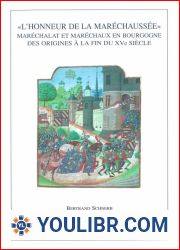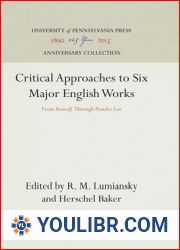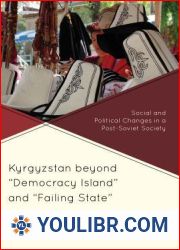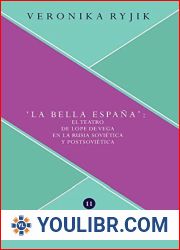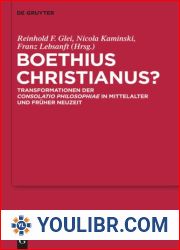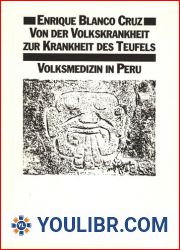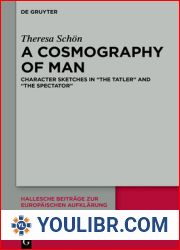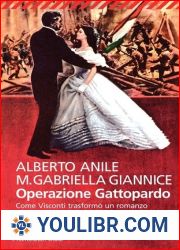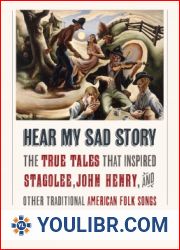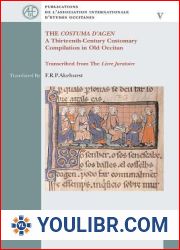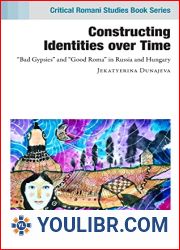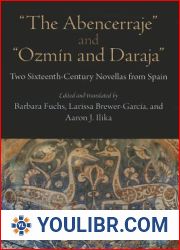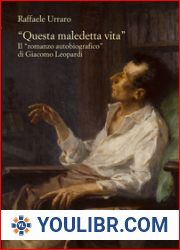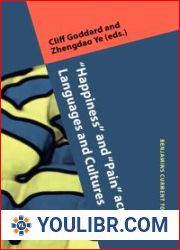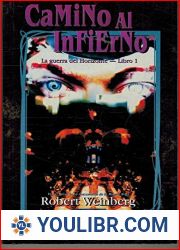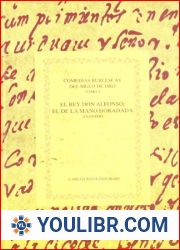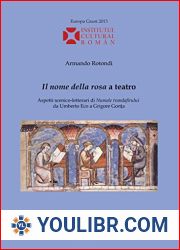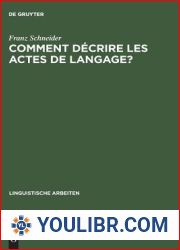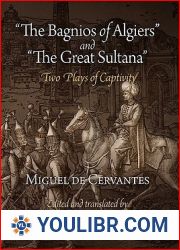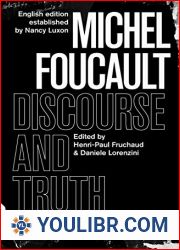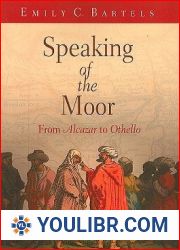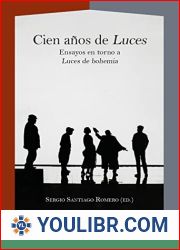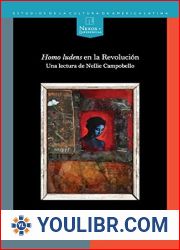
BOOKS - Icons of Hope: The and quot;Last Things and quot; in Catholic Imagination


US $9.75

280721

280721
Icons of Hope: The and quot;Last Things and quot; in Catholic Imagination
Author: John E. Thiel
Year: September 30, 2013
Format: PDF
File size: PDF 7.3 MB
Language: English
Year: September 30, 2013
Format: PDF
File size: PDF 7.3 MB
Language: English
In Icons of Hope: The and "Last Things and " in Catholic Imagination, John Thiel, one of the most influential Catholic theologians today, argues that modern theologians have been unduly reticent in their writing about and "last things and ": death, judgment, heaven, and hell. Beholden to a historical-critical standard of interpretation, they often have been reluctant to engage in eschatological reflection that takes the doctrine of the and "last things and " seriously as real events that Christians are obliged to imagine meaningfully and to describe with some measure of faithful coherence. Modern theology's religious pluralism leaves room for a speculative style of interpretation that issues in icons of hope - theological portraits of resurrected life that can inform and inspire the life of faith. Icons of Hope presents an interpretation of heavenly life, the Last Judgment, and the communion of the saints that is shaped by a view of the activity of the blessed dead consistent with Christian belief in the resurrection of the body, namely, the view that the blessed dead in heaven continue to be eschatologically engaged in the redemptive task of forgiveness. Thiel offers a revision of the traditional Catholic imaginary regarding judgment and life after death that highlights the virtuous actions of all the saints in their heavenly response to the vision of God. These constructive efforts are fostered by Thiel's conclusions on the disappearance of the concept of purgatory in large segments of contemporary Catholic belief, a disappearance attributable to the emergence of a noncompetitive spirituality in postconciliar Catholicism, which has eclipsed the kinds of religious sensibilities that made belief in purgatory a practice in earlier centuries. This noncompetitive spirituality - one that recovers traditional Pauline sensibilities on the gratuitousness of grace - encourages an eschatological imaginary of mutual, ongoing forgiveness in the communion of the saints in this life and in the life to come. and "This is a deeply felt, intelligent book that dares to argue for a 'thick' description of the eschatological future. Read it and understand the power of premodern doctrinal symbols such as purgatory and Last Judgment to unlock new meaning when probed with a postmodern imagination. Forgiveness is the key. Thiel serves up the spirit and practice of forgiveness in compelling ways as central to resurrected life here and hereafter. In its movement from the grand to the most subtle nuances of hope, this is a most important theological work. and " - Elizabeth A. Johnson, C.S.J., Distinguished Professor of Theology, Fordham University and "This book is a theological rarity in recent theology: a wonderfully imaginative, well and clearly argued, 'thick eschatology' about such 'last things' as judgment day, the communion of saints, the Beatific Vision, and particular judgment. Grounded in what Thiel calls a 'noncompetitive spirituality,' these reflections on a 'Pauline sensibility in its Catholic style' make an important and stimulating ecumenical conversation partner. and " - David Kelsey, Luther A. Weigle Professor Emeritus of Theology, Yale University and "Icons of Hope is a bold foray into imagining the 'last things.' At once innovative and probative, this latest text from John Thiel argues on pastoral grounds the necessity for imagination to represent the unrepresentable other side of death. Not to imagine is to make an entire swathe of beliefs merely notional and thus effectively put them out of circulation. Among its many contributions, Icons of Hope helps breathe new life into an old topic, and its reimagining of the heavenly life of the blessed dead makes an indelible contribution. and " - Cyril O'Regan, The Catherine F. Huisking Chair in Theology, University of Notre Dame








